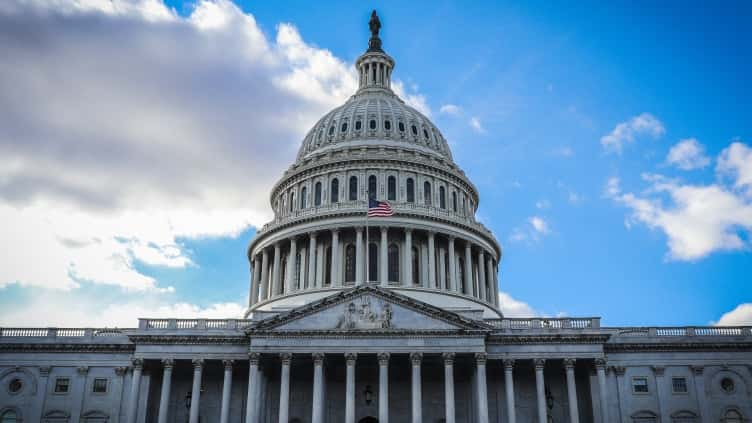With the increasing popularity of DeFi, regulatory authorities worldwide are turning their attention to this domain.

The United States Senate has recently embraced a proposed bill aimed at imposing stricter regulations on the rapidly growing sector of Decentralized Finance (DeFi)
Concerns surrounding potential money laundering and illicit financial activities within DeFi have prompted calls for enhanced oversight and Anti Money Laundering (AML) compliance measures.
The proposed bill, known as the “Crypto-Asset National Security Enhancement Act of 2023,” seeks to introduce bank-like controls on DeFi protocols. Its proposed bill’s primary objective is to close off avenues that could potentially facilitate money laundering, sanctions evasion, and other illicit activities related to cryptocurrencies.
Lawmakers are motivated by the desire to address vulnerabilities in the crypto space, aiming to safeguard the financial system and national security interests from potential risks posed by illicit activities. By enhancing oversight and control over DeFi protocols, they hope to foster a more secure and resilient financial ecosystem.
Sen. Jack Reed (D-R.I.) proposed bill, which has gained bipartisan support. Senators Mike Rounds (R-S.D.), Mitt Romney (R-UT), and Mark Warner (D-VA) have co-sponsored the bill, marking a positive development in the cryptocurrency regulatory landscape. Bipartisan backing is expected to encourage constructive discussions and increase the likelihood of enacting balanced and effective rules.
The provisions of the proposed bill are likely to target groups that develop user interfaces for DeFi protocols, aiming to simplify interactions with complex smart contracts
For instance, Uniswap Labs, a provider of a user-friendly interface for Ethereum’s decentralized exchanges, could fall under the bill’s purview.
To address the challenge of regulating protocols with no centralized control, the proposed bill proposes that individuals or entities controlling a DeFi protocol or offering applications for its use would be subject to the imposed requirements. Moreover, in cases where no single entity controls the protocol, individuals or entities investing more than $25 million in its development will assume responsibility for meeting regulatory obligations.
The proposed bill’s briefing document indicates its intention to establish a backstop mechanism, ensuring that regulatory requirements are met by someone involved in the development or operation of the DeFi protocol. This approach recognizes the difficulty of directly regulating decentralized protocols while striving to maintain accountability within the ecosystem.
READ ALSO: Taylor Swift’s Tour Boosts Local Economies, Shatters Records, And Sets Hotel Revenue Surges




